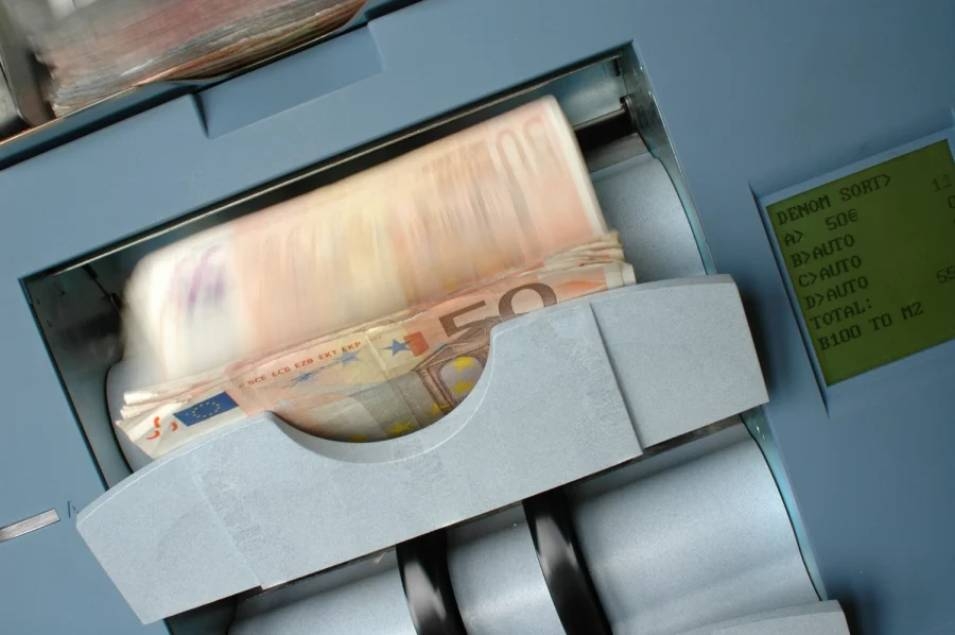An increase in the amount of the minimum guaranteed income will be considered on Wednesday 15 February by all Member States EU.
In particular, it is expected that The European Parliament will demand a legislative proposal to increase the minimum incomeand in Member States to reduce the risk of poverty and social exclusion.
During the debate, MEPs will discuss with the commission how the latter intends to monitor whether minimum income rules have been effectively integrated into the legal framework of EU countries, as well as the involvement of social partners at EU level.
MPs are also likely to ask how member states will ensure that minimum income systems do not replace social policies in other areas such as housing, health care, support for people with disabilities or labor market entry.
MEPs in a resolution to be adopted next Thursday will ask EU member states gradually increase the minimum income in line with with plans in place to set these amounts at a minimum above the national poverty risk threshold (AROPE). The resolution also calls for making these systems more accessible to less privileged social groups and creating incentives for workers to reintegrate into the labor market.
In 2021, 95.4 million people in the EU, i.e. 21.7% of the population, were at risk of poverty and social exclusion.
Due to the COVID-19 pandemic and the rising cost of living, individuals and households in fragile socioeconomic situations are at risk of even greater hardship. The state aid (minimum income) measure acts as a social safety net that guarantees a minimum standard of living, as well as the right to “preserve human dignity” at all stages of life.
For people without sufficient resources or decent and stable jobs, access to an adequate minimum income plays an important role in reducing poverty, social exclusion and inequality. These systems must be combined with incentives and measures to open up the labor market to people who can work.
Member States should conduct a personalized multidimensional needs assessment to be able to identify the barriers that beneficiaries face in terms of social integration and/or employment and the support needed to overcome them.
In Greece, the minimum guaranteed income (EEE-KEA) is a social security program provided to more than 200,000 vulnerable households. It is a necessary safety net to cope with the effects of poverty and avoid social exclusion. The program is based on three pillars:
a) the provision of financial assistance in the amount of 200 euros,
b) interface with social integration services,
c) interface with activation services aimed at the integration or reintegration of beneficiaries into the labor market and social reintegration.
As for the increase, in fact, the amount itself – there is no data. Let’s wait until the meeting is over and the European Commission will come to any specific decision.







More Stories
Digital Currencies: Global Control or New Opportunities? What's Behind the Introduction of Digital Money
How much does a square meter of housing cost in the Cyclades
Electricity: subsidy only for 500 kilowatt-hours, 80% for each additional kilowatt-hour